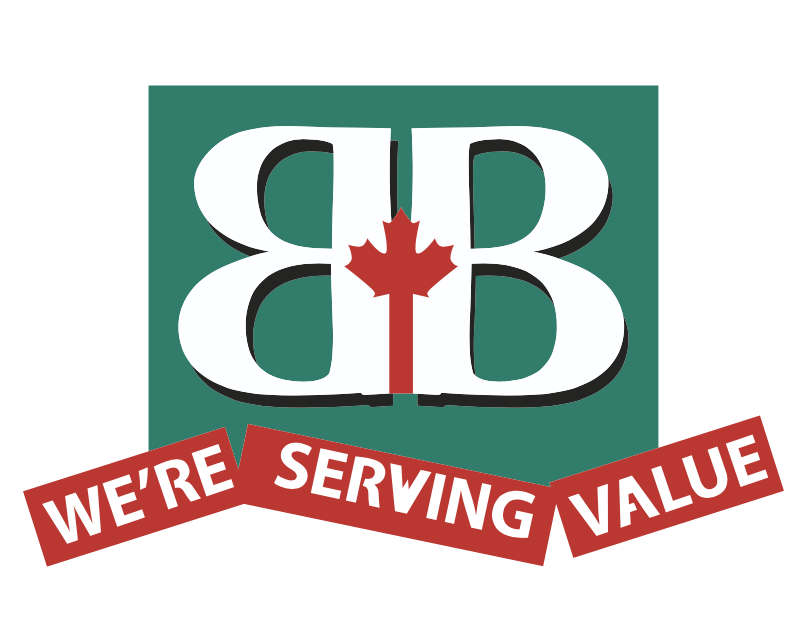Looking to eat healthy without breaking the bank? You’re not alone! Did you know that according to a recent study, nearly 80% of Americans are concerned about the cost of healthy food?
Well, worry no more! With these tips for healthy eating on a budget, you can enjoy nutritious meals without breaking your budget.
From meal planning and smart shopping, to utilizing frozen and canned options, there are plenty of strategies to help you eat well without spending a fortune.
So, let’s get started and discover how you can make healthy eating affordable and delicious!
Shop Simple With Myplate
One key way to save money while eating healthy is by utilizing the cost-saving opportunities provided by Shop Simple with MyPlate. This tool helps you make informed choices at the grocery store and find budget-friendly options.
When it comes to healthy eating, frozen fruits and vegetables are a great choice. They’re often more affordable than fresh produce and can be just as nutritious. With Shop Simple, you can easily find deals on frozen fruits and vegetables, helping you meet your nutritional needs while saving money.
Additionally, using Shop Simple can help you plan your meals and create a balanced diet. By focusing on staple foods that are affordable and nutritious, you can stay within your budget while still meeting your dietary goals.
Make a Plan
To successfully make a plan for healthy eating on a budget, it’s important to consider meal prep ideas and budget-friendly grocery shopping.
Meal prepping can help you save time and money by preparing meals in advance and using common ingredients for multiple dishes.
When grocery shopping, focus on buying affordable, nutritious foods and stick to your planned list to avoid impulse buying.
Meal Prep Ideas
When it comes to meal prepping on a budget, you can save time and money by making a plan in advance. Planning your meals ahead of time not only helps you eat healthier, but it also allows you to save money on your grocery bill.
One of the best meal prep ideas is to choose recipes that use affordable and versatile ingredients. For example, beans, lentils, and whole grains aren’t only nutritious but also budget-friendly.
Another tip is to buy in bulk and freeze leftovers for future meals. This way, you can take advantage of discounts and avoid wasting food.
Additionally, consider batch cooking on weekends to prepare multiple meals for the week. By following these meal prep ideas, you can eat healthy while saving money.
Budget-Friendly Grocery Shopping
Make a detailed grocery list based on your planned meals to ensure you stay on budget and avoid unnecessary purchases.
This step is crucial for budget-friendly grocery shopping and for maintaining a healthy eating plan. By planning your meals in advance, you can focus on purchasing the necessary ingredients and avoid buying items that may go to waste.
When making your list, prioritize fresh produce and nutritious foods such as whole grains, lean proteins, and low-fat dairy products. Opt for cost-effective options like canned beans and frozen fruits and vegetables, which are just as nutritious as their fresh counterparts.
Take advantage of weekly sales and promotions to save money on staple items. By sticking to your meal plans and shopping strategically, you can achieve healthy eating on a budget.
Shop Smart
By comparing prices and looking for sales or discounts, you can shop smart and save money on your grocery bill.
One of the most effective ways to shop smart is to make a shopping list before you go to the store. This will help you stay focused and avoid impulse buys. Include the ingredients you need for your meals and stick to the list.
Another tip is to consider buying foods like nuts, beans, or grains in bulk. This can help you save money in the long run and ensure that you always have these healthy staples on hand.
Additionally, be open to trying generic or store-brand options. They often contain the same ingredients as their more expensive counterparts and can save you money without sacrificing quality.
Prepare Healthy Meals
Creating nutritious and budget-friendly meals is crucial for maintaining a healthy eating plan. Planning ahead and preparing your meals can help you achieve this goal.
Start by finding healthy recipes that use simple and nutritious ingredients. Avoid processed foods, as they tend to be more expensive and less nutritious.
Vegetables are usually affordable and can be the main focus of your meals. Consider incorporating meatless meals into your weekly menu as a way to save money.
Buying frozen vegetables and fruits can be a great option, as they’re often cheaper and still packed with nutrients. Additionally, buying foods in bulk can help you save money in the long run.
Start at Home
To prioritize healthy eating on a budget, it’s essential to establish a foundation at home. Taking inventory of your pantry, fridge, and freezer can help you make healthy and cost-effective choices. By knowing what you already have, you can make sure not to buy duplicates and avoid wasting food.
Planning your meals for the week is a great way to save money and make sure you have nutritious options available. Refer to recipe files or cookbooks for healthy meal ideas and create a shopping list based on the ingredients you need. This will help you shop efficiently and stay on track with your budget.
Choosing options that are budget-friendly and fit within your planned meals is key to eating healthy without breaking the bank.
At the Store
When you’re at the store, make sure to stick to your shopping list and avoid any extra items. This will help you stay focused and prevent impulse purchases that can add unnecessary costs to your grocery bill.
To make the most of your budget, consider these tips:
- Choose fresh produce wisely: Look for vegetables like green onions that can be used in multiple dishes throughout the week. They’ve a longer shelf life and can be a versatile addition to salads, stir-fries, and soups.
- Opt for brown rice: It’s a healthier alternative to white rice and can be purchased in bulk. Cook a large batch and freeze the rest in individual portions for quick and easy meals during the week.
- Be mindful when choosing canned items: Read labels carefully to avoid products with added ingredients and high sodium content. Opt for canned vegetables, beans, and fruits that are packed in water or their own juice instead. Also, consider buying store-brand canned items as they’re often cheaper and just as nutritious.
Frequently Asked Questions
What Is the Cheapest Way to Eat Healthy?
The cheapest way to eat healthy is to focus on affordable options like frozen and canned fruits and veggies, buy in bulk, choose store brands, grow your own garden, and use coupons for savings.
How to Eat for $20 Dollars a Week?
To eat for $20 a week, plan meals, make a list, and stick to it while shopping. Cook large portions and use leftovers. Avoid shopping when hungry and take advantage of coupons and discounts.
What Are the Three P’s for Eating on a Budget?
To eat on a budget, remember the three P’s: plan your meals, purchase store brands and bulk items, and prioritize produce. These tips will help you save money and eat healthy without breaking the bank.
What Is a Healthy Diet on a Budget?
A healthy diet on a budget means making smart choices. Focus on buying in bulk, choosing seasonal produce, and utilizing frozen and canned options. Don’t forget to consider store brands too.
Conclusion
In conclusion, adopting healthy eating habits on a budget isn’t only possible but also achievable.
By following simple tips such as meal planning, smart shopping, and utilizing affordable options, you can maintain a nutritious diet without breaking the bank.
Remember to prioritize whole grains, seasonal produce, and affordable protein sources.
With a little planning and creativity, you can enjoy a healthy lifestyle while saving money.







